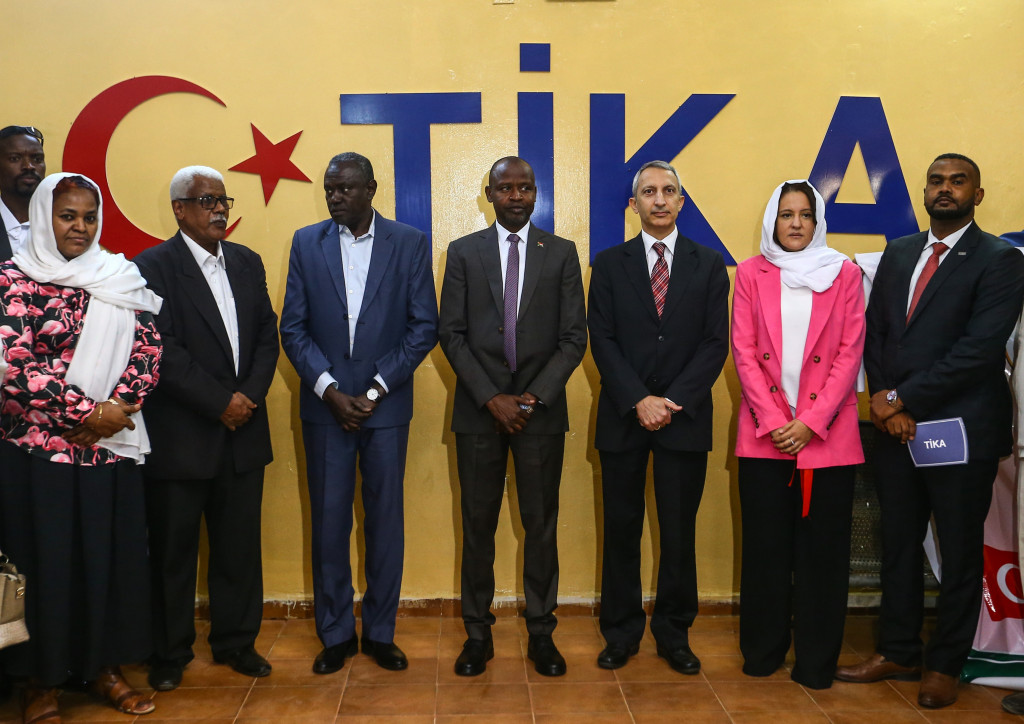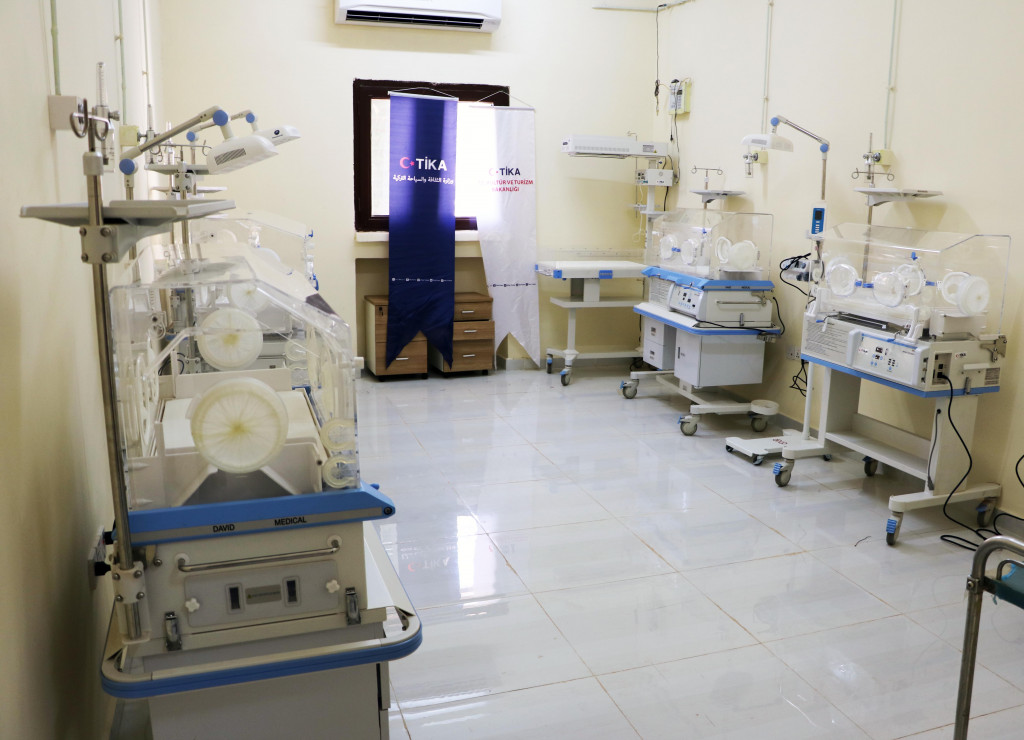News
29 December 2022Capacity Increase Support from TİKA to the Turkish Hospital in Sudan
Turkish Cooperation and Coordination Agency (TİKA) provided modifications and equipment support for the Newborn Intensive Care Unit of Kalakla Turkish Hospital in Khartoum, the capital of Sudan.
Member of the Sovereignty Council of Sudan, El Hadi Idris, Governor of Khartoum, Ahmed Osman Hamza, Turkish Ambassador to Khartoum, İsmail Çobanoğlu, TİKA’s Coordinator in Khartoum, Fulya Aslan, hospital personnel, and citizens attended the opening of the renovated unit.
Speaking at the opening, Member of the Sovereignty Council of Sudan, Idris said, “As Sudan government, the Governorship of Khartoum, and TİKA, we stand by you. I would like to take this opportunity to thank especially Türkiye and TİKA.”
Ambassador Çobanoğlu stated, “TİKA is actually an instrument for the humanitarian foreign policy of our country. They have carried out significant projects in all 18 of Sudan’s states, including Khartoum, since TİKA established its office here in 2006. They have tangibly contributed to the people of Sudan in various ways.”
Indicating that all of these are projects that have directly helped and affected the people of Sudan and been done with no thought of personal gain, Çobanoğlu expressed that this situation makes the projects more valuable.
TİKA’s Coordinator in Khartoum, Aslan noted that they have conducted over 750 projects in various fields such as agriculture, health, livestock, education, restoration, and development of civil and administrative infrastructures so far.
Aslan added that two service rooms, maternal-infant care and administrative rooms of the Newborn Intensive Care Unit, which had been trying to render services under inadequate physical conditions, were renovated and medical equipment, which are the basic needs of the newborn intensive care unit, such as the infant incubator, phototherapy device, and infant radiant warmer were provided.
The service capacity and quality of the unit, where a limited number of patients had been getting service, and treatment for some diseases hadn’t been provided due to inadequate equipment, were increased through the project. This ensured the monitoring and treatment of premature babies and full term babies with various health issues like infections, in modern conditions.





